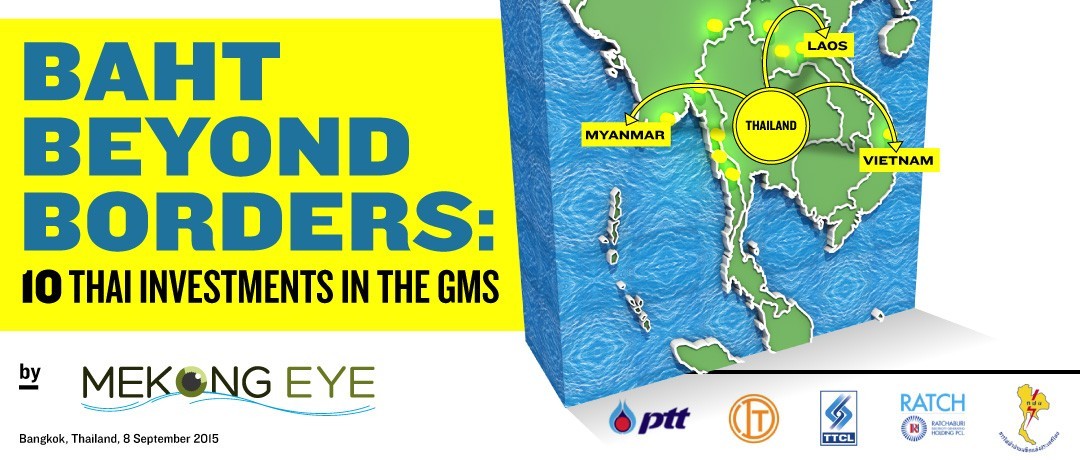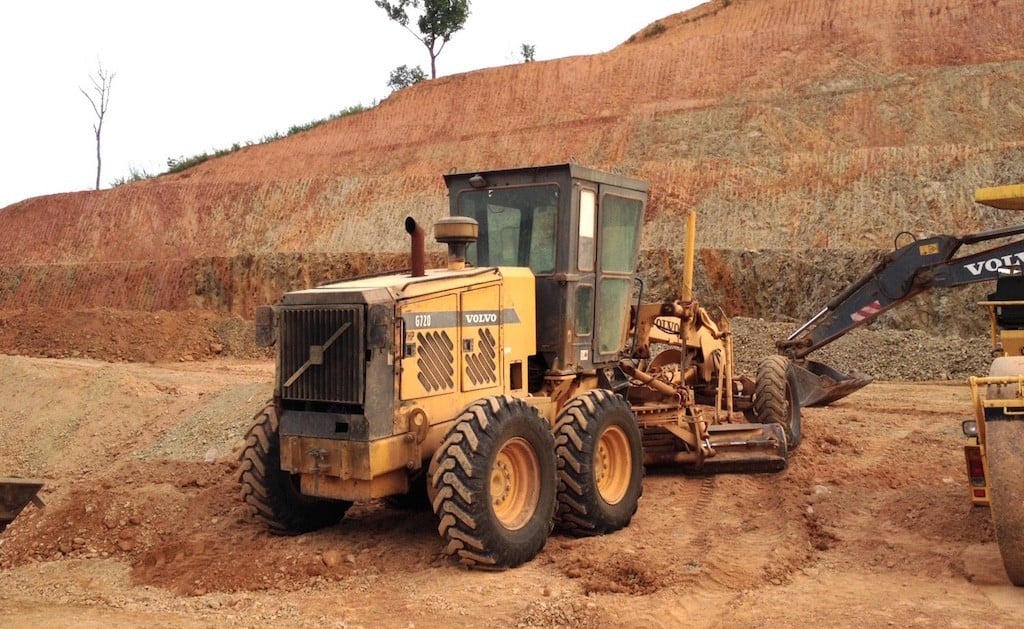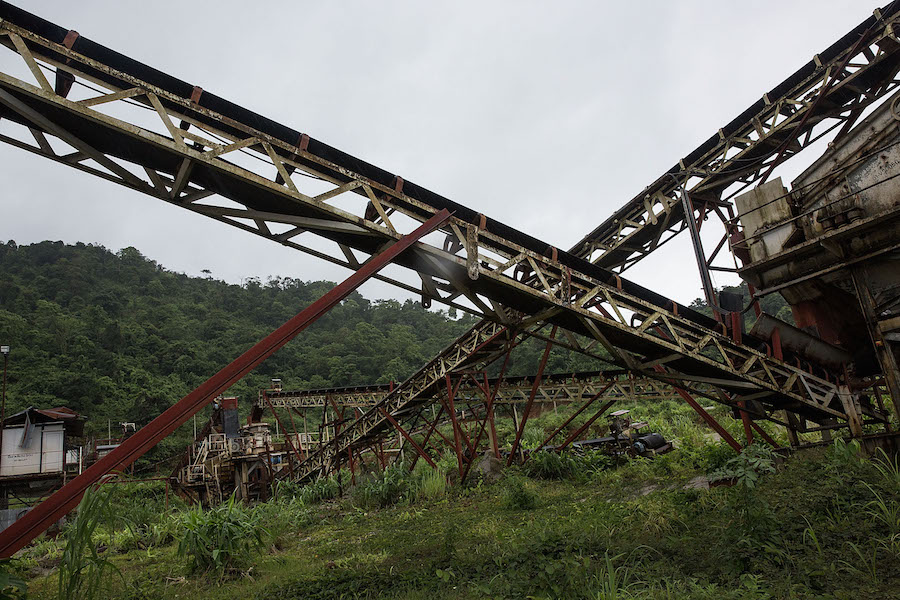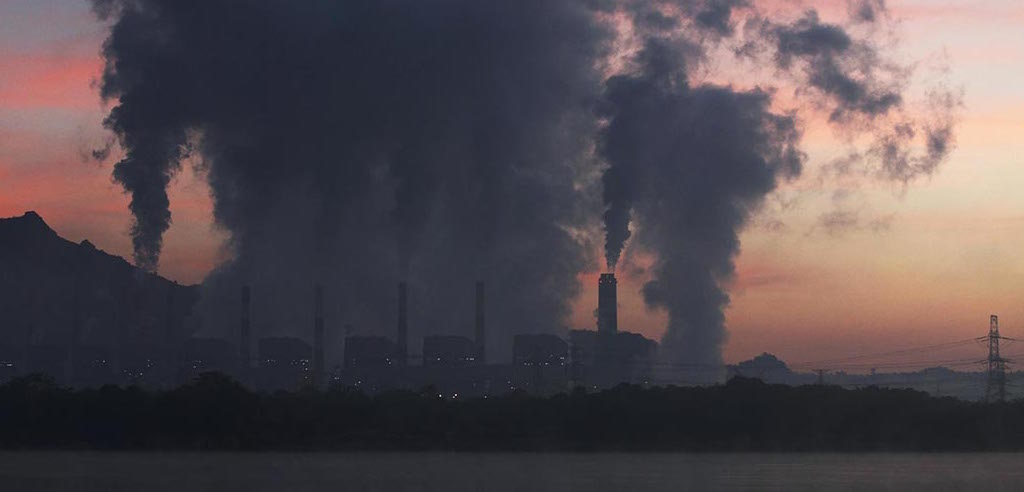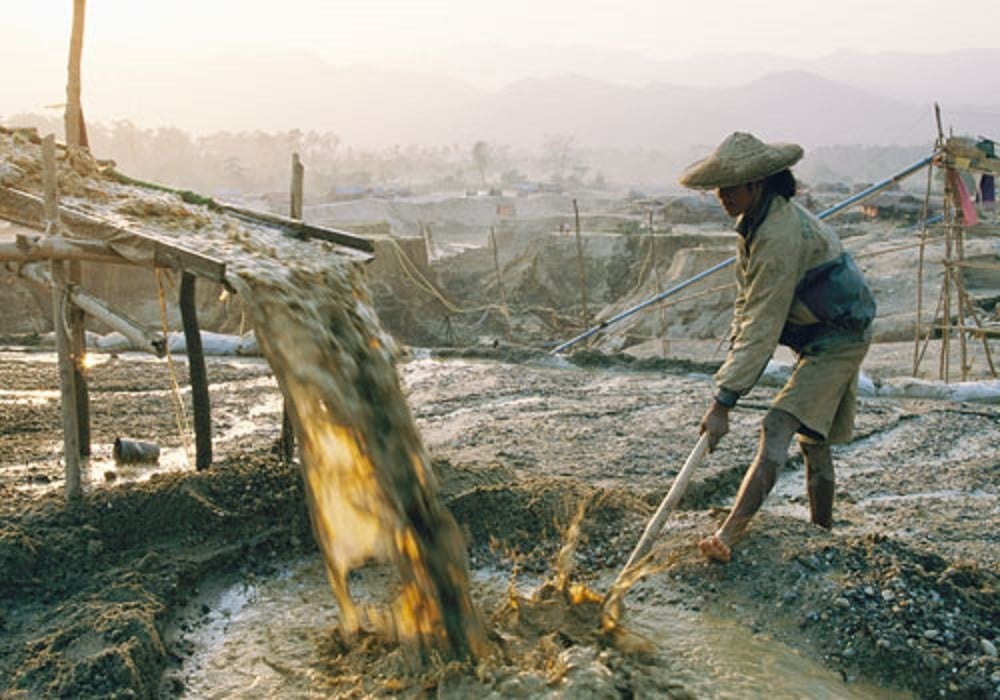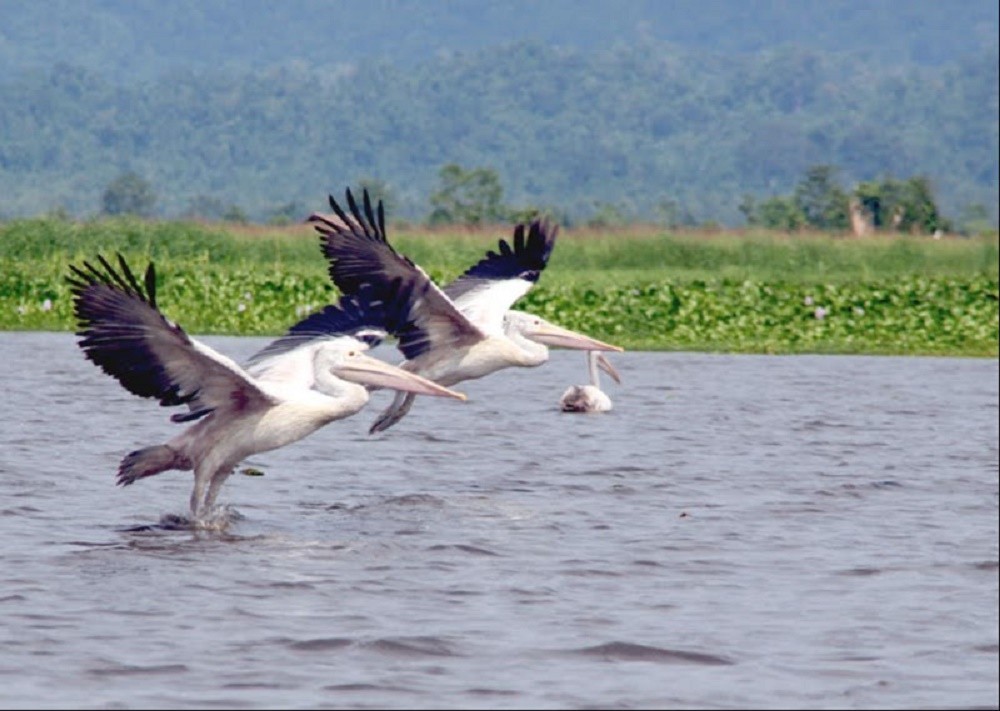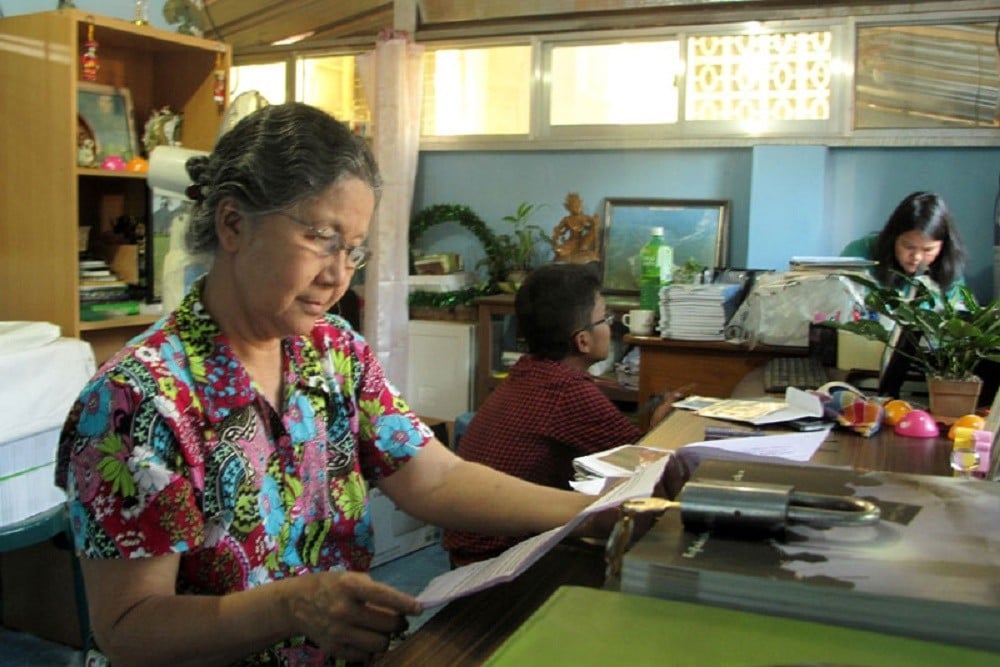With public opposition to major infrastructure projects a growing concern, and willing partners in neighboring countries eager to pick of the slack, Thailand’s industrialists are fanning out in all directions. Energy projects dominate the mix, including coal, gas and hydropower. As a result, it’s the Electricity Generating Authority of Thailand driving much of the activity.
Tag: mining
Environment Ministry worried for mineral overexploitation in Delta
Plans to evaluate mineral reserves and marine natural resources and to help residents better adapt to climate change nationwide – especially in the Cuu Long (Mekong) Delta region, the area predicted to suffer the most from climate change – are high up on the Ministry of Natural Resources and Environment’s agenda this year.
Minister Nguyen Minh Quang announced the priorities at a recent press conference to outline the environment sector’s targets this year.
Quang said the country’s natural resources were expected to be effectively managed when the detailed evaluation was released. At present, the country was facing many environmental issues triggered by the overexploitation of minerals.
Fair Share: Toward an Equitable Resource Revenue System
Myanmar’s government currently collects much of the trillions of kyat generated by oil, gas, gemstones and other minerals each year, primarily through its state-owned economic enterprises (SEEs). In the face of such centralized control over revenue, many ethnic groups have long asserted their right to make decisions over resource management in their states. In fact, combatants in areas of active conflict and leaders from several ethnic minority parties—particularly those associated with Kachin, Rakhine and Shan states—have openly called for greater resource revenue sharing.
Mining ministry calls for by-law proposals
The Ministry of Mines is preparing to amend the by-laws for a new mining law and has asked for suggestions and proposals.
The Pyidaungsu Hluttaw passed the new mining law in December and amended the Myanmar Gemstone Law on January 29. The ministry is now drawing up the corresponding rules and regulations.
Stakeholders can send their suggestions to the Department of Mines and Myanmar Gems Enterprise by March 6, the ministry said.
Coal Power on the Rise: Mekong Region Digs In
While initiatives by the Asian Development Bank, ASEAN, United States, Japan, France and the private sector aim to advance renewable energy within the Greater Mekong Subregion (GMS), coal-fired power plants are slated to become an increasingly larger share of the region’s electricity generating portfolio.
Revenue Increases Fourfold in Mining Sector
Non-tax revenue collected from the mining sector increased more than fourfold in 2015 compared with the year before, according to figures released on Wednesday by the Ministry of Mines and Energy.
Meng Saktheara, a ministry spokesman, said non-tax revenue rocketed to about $17.25 million in 2015 from just over $4 million in the previous year.
These revenues include royalties, land rent, fines and penalties, administration charges and signature bonuses.
Extractive Industries Transparency Initiative (EITI) shines light on resource sector
Myanmar’s first report under the Extractive Industries Transparency Initiative (EITI) has provided levels of disclosure on companies’ activities “unthinkable” just a few years ago, NGOs and civil society organisations said. But they also see it as only a first step in pulling back the curtain on how Myanmar’s natural resources are managed.
Gold mining, conflict threaten Myanmar’s Indawgyi Lake
Khaung Tong Creek was a 1.5-meter deep, pristine creek some 10 years ago, but these days this important tributary of Kachin State’s famed Indawgyi Lake is just a little stream some 10 cm deep, filled with red-brownish mud.
Local villagers said years of unregulated gold mining several kilometres away has caused the environmental degradation as dumped waste and chemicals has flowed into the stream.
Chinese mine firm promises to respect residents
Official Chinese representatives from the Shwe Htun Pauk company have said that they will stop their operations if they face continued opposition from residents.
The company, officially licensed to mine gold and other minerals at the Tanintharyi River near Maw Hta village, held a meeting about water pollution with around 40 residents, Dawei-Myeik representatives of the Karen National Union and regional civil groups.
‘We do not accept the government’s clean coal technology’
Interview: Devi Thant Cin is a well-known environmentalist and coordinator of the Myanmar Green Network. The non-government organisation has been using the increasing space for civil society in Myanmar in recent years to lobby against environmentally damaging mega projects, such as the Myitsone hydropower dam on the Ayeyarwaddy River.


